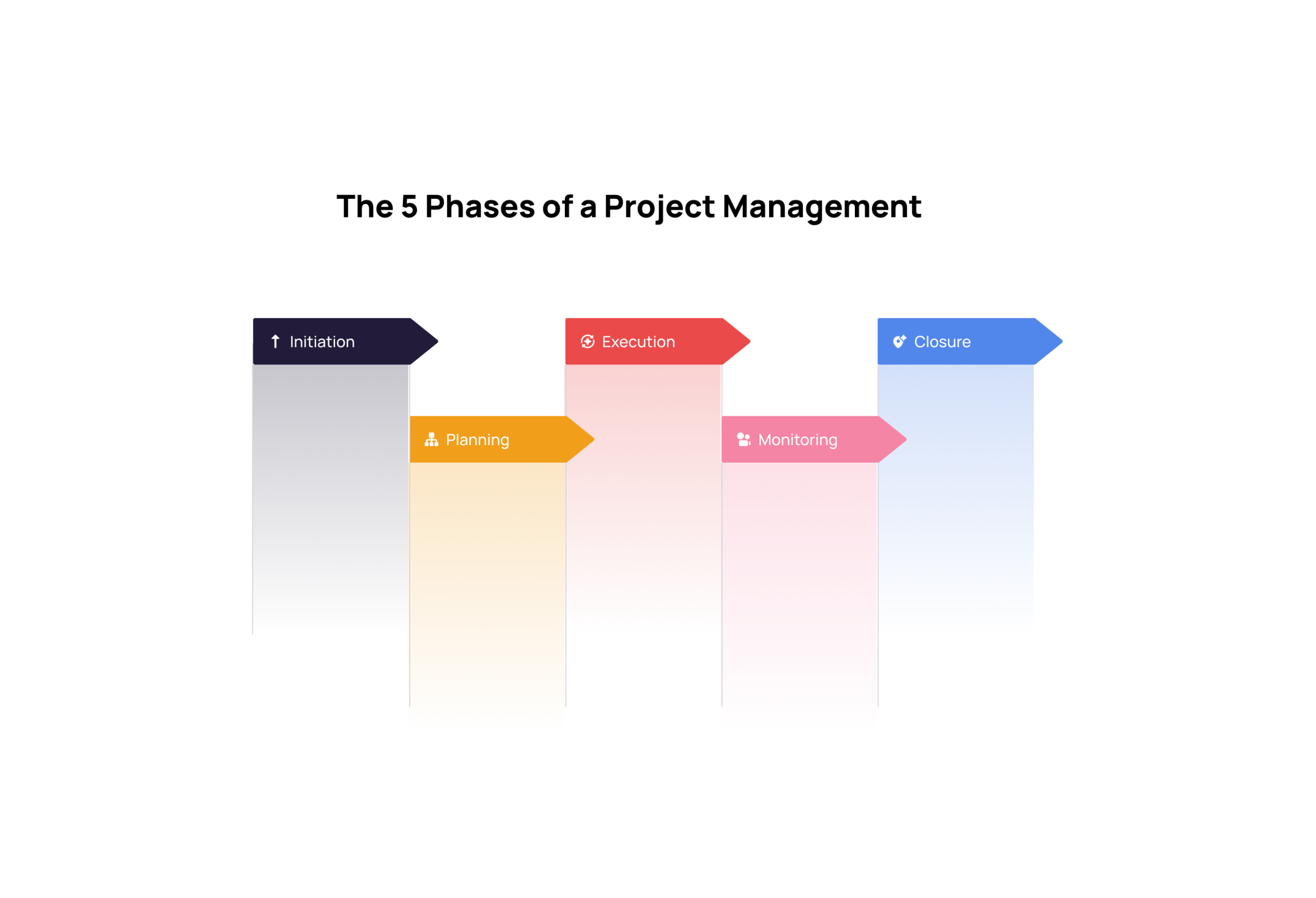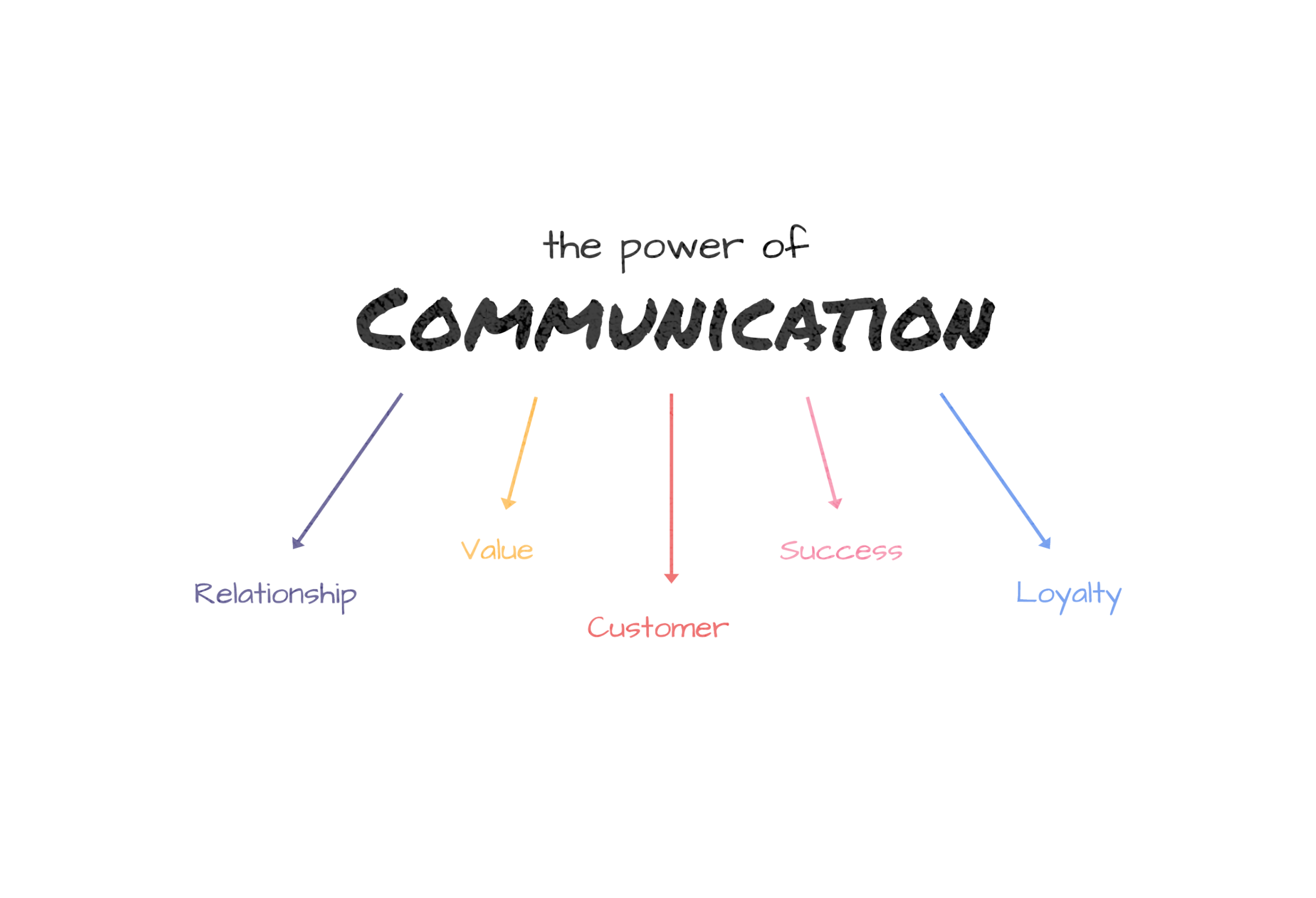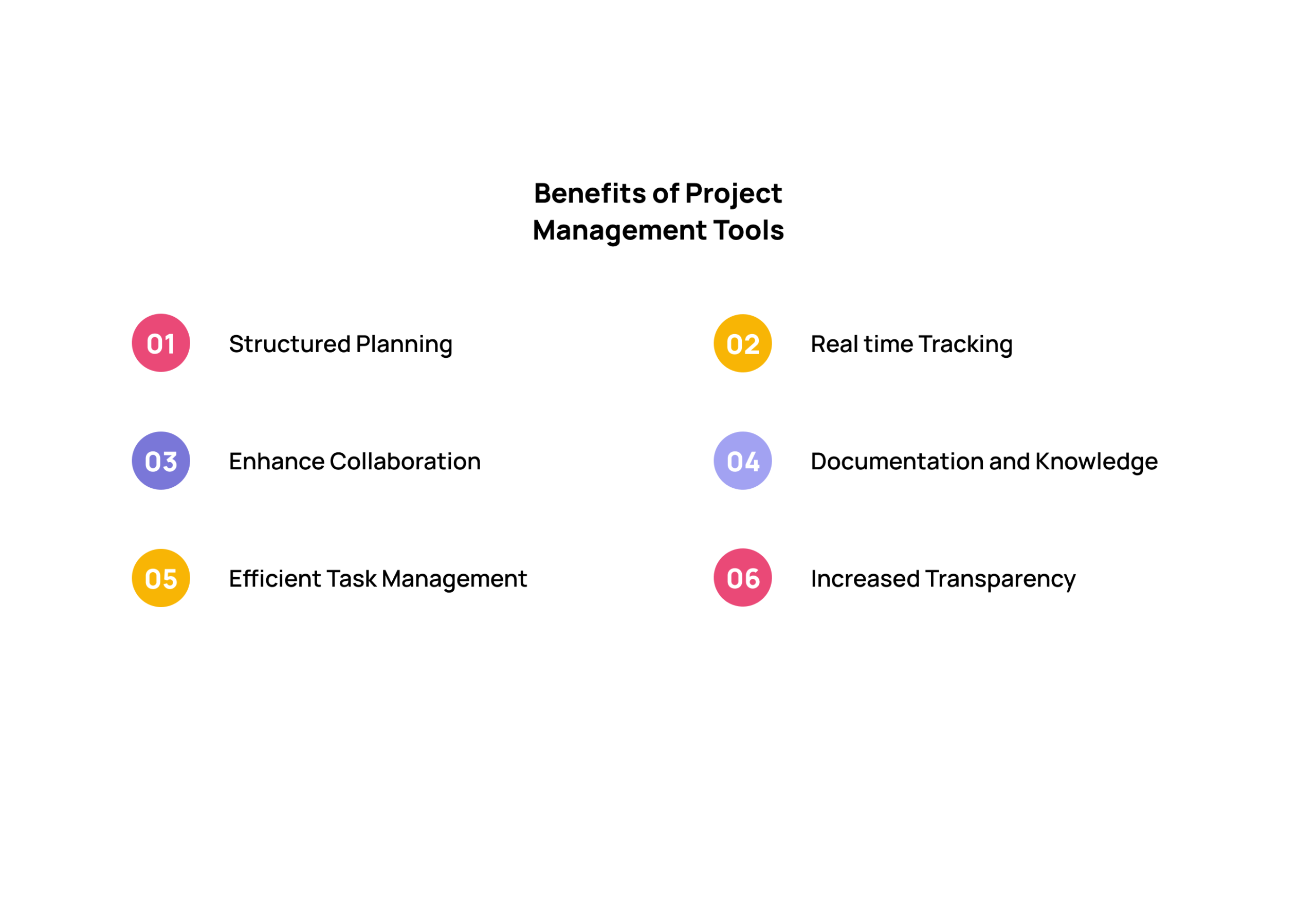New tools and approaches are constantly being introduced to the area of project management, making it dynamic and ever-evolving. Nevertheless, there has been a significant shift in the sector, especially in recent times, because of technological advancements. New opportunities have arisen, and certain formerly difficult parts of project management have become much easier. This is all thanks to modern software that includes real-time tracking, automated processes, and other smart capabilities. So, in this post, let’s discuss the top 5 project management tips to stay ahead of the game in today’s fast-paced environment.
Project management strategy
Your company has to be competitive in an ever-changing market by learning about and implementing new trends as they emerge. That can’t take place until you fix your approach to project management. This isn’t the time for the old, task-oriented method. A management strategy’s primary emphasis nowadays should be on people. Anyone entrusted with the responsibility of overseeing a project must now possess the essential skills of people management and leadership. If you don’t have it, your company can lag behind the others.

How has project management evolved?
Organizations in the modern day are always under pressure to meet the dynamic needs of their customers. Traditional project management gave teams the framework they needed to produce outcomes, but it lacked much flexibility. In order to find solutions that increase productivity while minimizing cost, modern project management strategies include the best parts of the conventional approach while addressing its shortcomings.
All contemporary approaches to project management rest on these four pillars: Moreover, these are the domains in which current techniques depart most from their predecessors.
1. The methodology
To better respond to customer input and changing market situations, most companies now use agile, Kanban, or hybrid methodologies. The conventional method centered on carrying out a project in separate phases. These days, it’s common practice for project managers to use overlapping processes in an effort to break down large projects into smaller, more manageable chunks.
2. Invest time and energy on the behavioral side of managing projects
The emphasis in present-day project management is on providing strong leadership and providing the resources necessary for team members to perform to their full potential. Team members in the present day are more adaptable and varied than those in the past. When done well, this fertilization of ideas from disparate fields may be a boon to your company. Keeping team members informed and working together efficiently is now the responsibility of project managers.
3. Stakeholder management
Stakeholders are focal points in contemporary project management. Your communication responsibilities have expanded to include all stakeholders with a stake in the project’s outcome, not just management and team members. Project managers must have the community, regulators, and government agencies in their sights at all times.
4. Communication
The foundation of modern project management is strong communication between all stakeholders in order to facilitate productive cooperation. To keep tabs on developments, modern companies make heavy use of innovative communication tools. Accesses fresh information in real-time and makes critical judgments promptly. Additionally, modern project managers often work with remote teams, which enables them to access top talent regardless of their physical location.

Top 5 Project Management Tips
After deciding that your company might benefit from using up-to-date project management practices, the next step is to incorporate the changes gradually. Your company’s output will decline if you implement new tactics and techniques all at once. In addition, you can expect to encounter some opposition. When individuals get used to a specific way of doing things, they tend to oppose change due to the uncertainty it brings.

To help you welcome the shift and begin modernizing your company’s project management practices, we’ve compiled five crucial pointers.
1. Acknowledge staff with specialized expertise as project managers
Nowadays, formal education and certification are no longer prerequisites for a career in project management. When given the right direction, your knowledge workers may be a tremendous help when it comes to managing and overseeing projects.
Most knowledge workers in today’s workplace are well-versed in the problems and obstacles that projects encounter. With some instruction in management and leadership, they can take care of projects with ease, and they know the technical side of things.
2. Prioritize the people
In its earlier iterations, traditional project management paid little attention to the behavioral component in favor of procedures, documentation, and tools. Most people now think that a project manager’s primary responsibility is to manage people well. Making sure your staff is well managed is an important part of being a company owner. In addition to maintaining morale, this will allow for a significant increase in output.
3. Remove the three constraints
Cost, time, and scope—the “triple constraint”—have always been the most important factors in determining success. But in today’s environment, concentrating only on them won’t get you very far. Customer happiness, product performance, and other factors should replace your old success measures.
4. Adapt
It takes time to master modern ways of managing projects. Project management is an iterative process that becomes better with time and input from stakeholders, including managers, company owners, team members, and others. Get everyone on board with a strategy of continuous development that lets them learn from their mistakes and works to strengthen their weak spots over time.
5. Make use of the opportunities presented by technology
Technology has become an integral part of modern project management. The right tools that enhance the current system and make work simpler are crucial for communication, productive teamwork, task management, and all the other important activities. The projects you work on and the responsibilities each team member has will also dictate the project management software your group uses. There is usually more than one kind of project management tool available.

Wrapping up
When it comes to project management, one company’s methods may not be suitable for yours. Success is more likely if you are perceptive, flexible, and quick on your feet. In a systematic way, modern project management approaches foster all of these traits. There is a lot of pressure on companies to find methods to cut costs without sacrificing performance as a result of rising market rivalry. One certain way to get there is to rethink how you handle projects in general.
Visit our blog for more informative posts here

